An advocates’ guide to monitoring stigma and discrimination reduction in the Global Partnership for Action to Eliminate all Forms of HIV-related Stigma and Discrimination! Download the guide in your language below:
Type: Tools, leaflets and posters
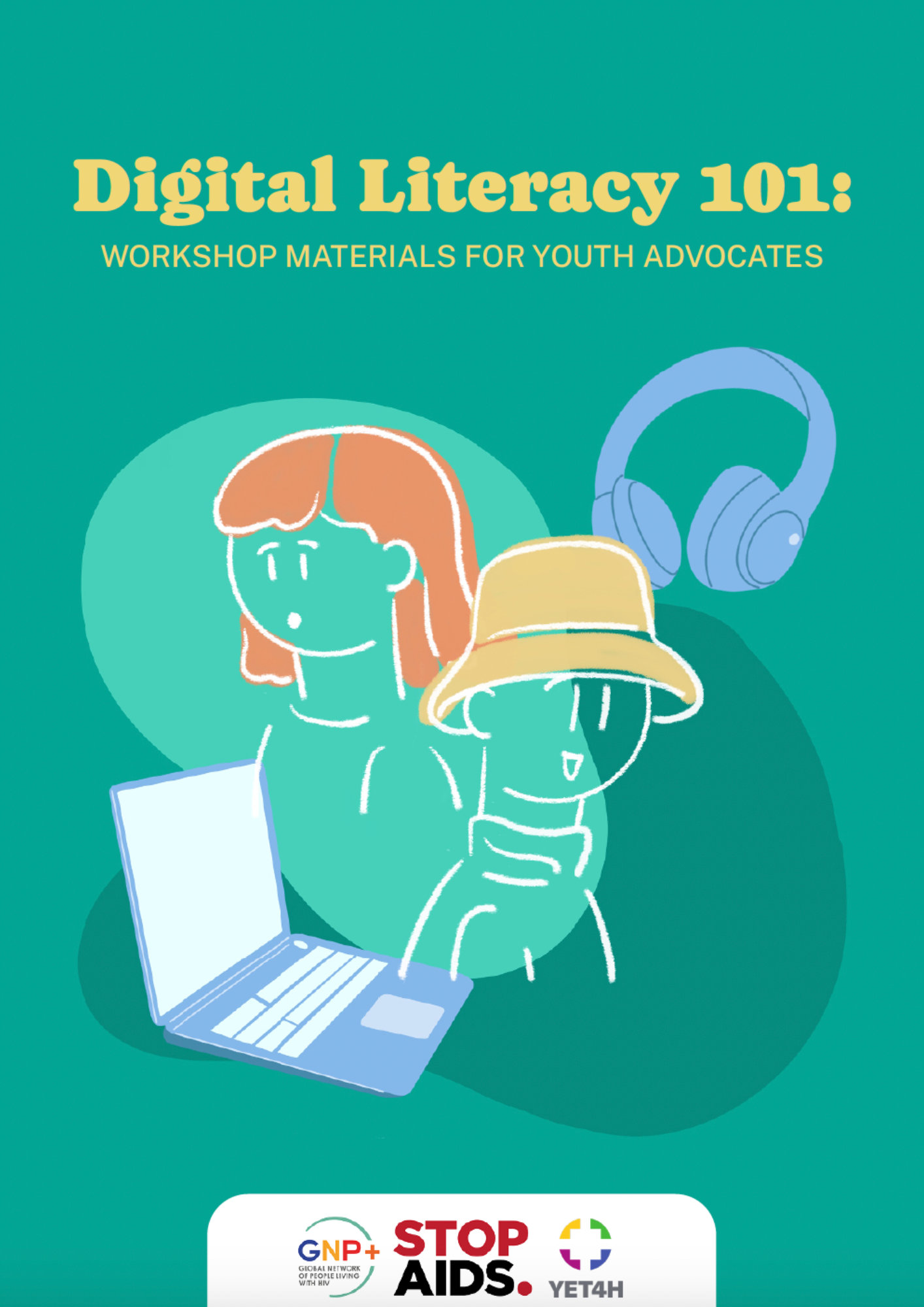
Together with our project partners at STOPAIDS, The Global Network of People Living with HIV (GNP+) collaborated with the Young Experts: Tech for Health and The Engine Room to develop basic digital literacy resources. This downloadable resource available on this page and can be used by for youth and other health advocates to equip them with the knowledge and resources regarding digital empowerment and digital health-related advocacy.
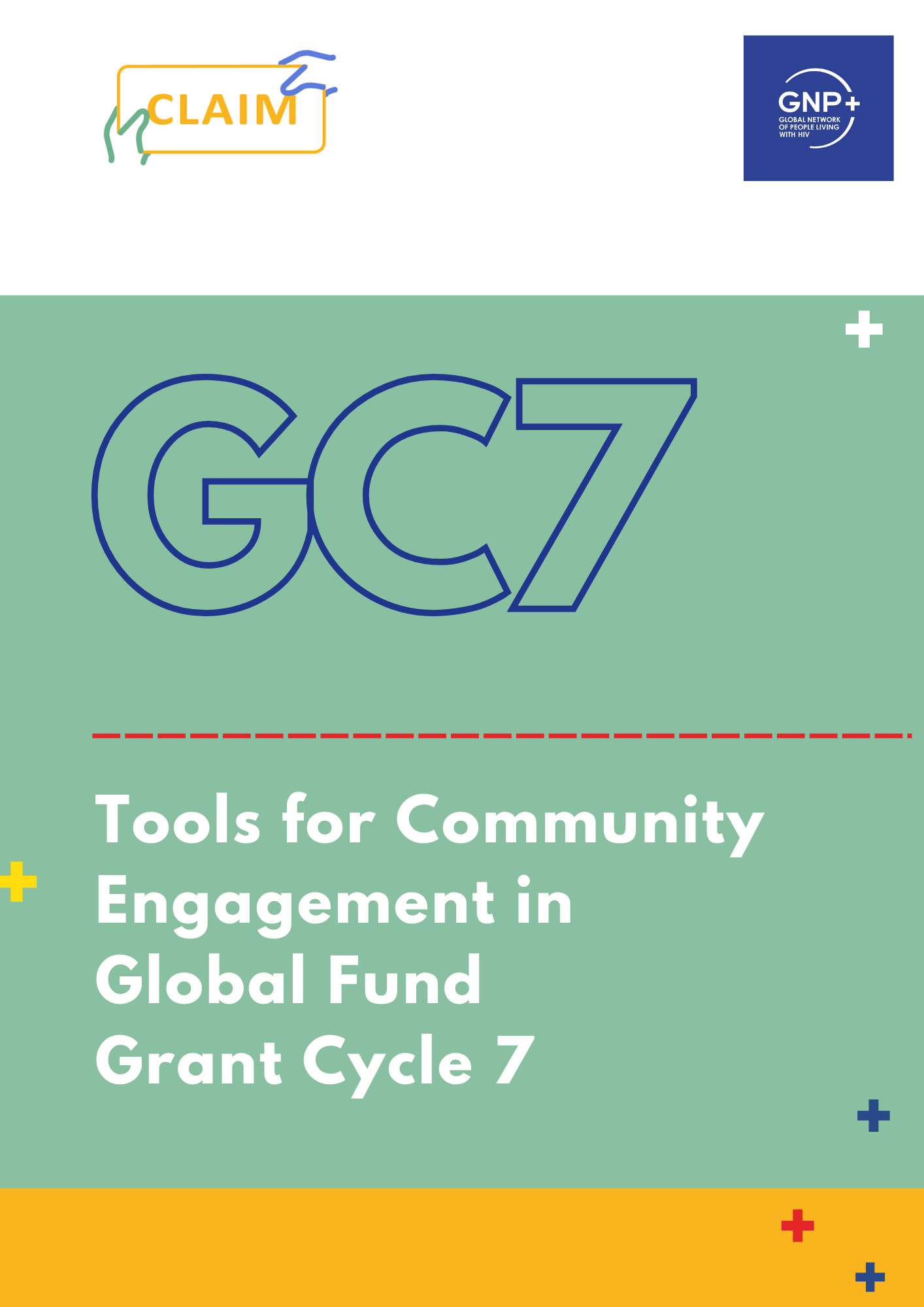
Through our Community-Led Accountability, Influence, and Monitoring programme (CLAIM) GNP+ enables people living with HIV to fully claim their space in Global Fund processes and claim their role in ensuring that Global Fund grants are developed, implemented, and monitored in ways that are effective and inclusive.
Countries are currently preparing their requests for the next round of funding from the Global Fund. This phase is called GC7 – grant cycle 7 (previously known as NFM4 – new funding model 4). We have created a series of tools to support networks of people living with HIV to engage in this process to ensure that Global Fund resources are allocated towards the interventions needed most by communities of people living with HIV.
Download the tools below:
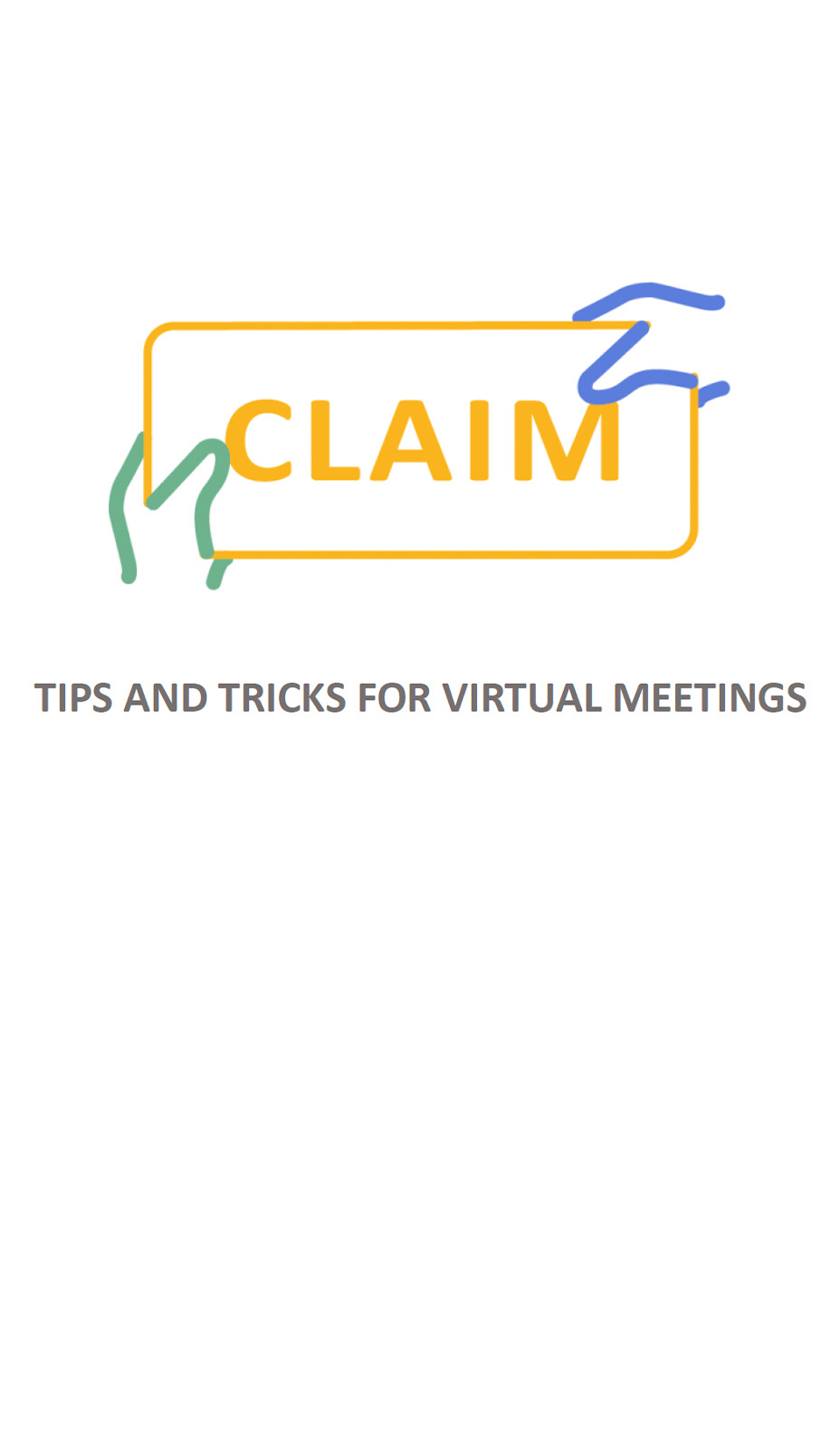
Through our Community-Led Accountability, Influence and Monitoring programme (CLAIM) GNP+ enables people living with HIV to fully claim their space in Global Fund processes and claim their role in ensuring that Global Fund grants are developed, implemented and monitored in ways that are effective and inclusive. This tool has been created to support networks of people living with HIV to hold virtual meetings.
Download the guide on tips and trick for virtual meetings below:
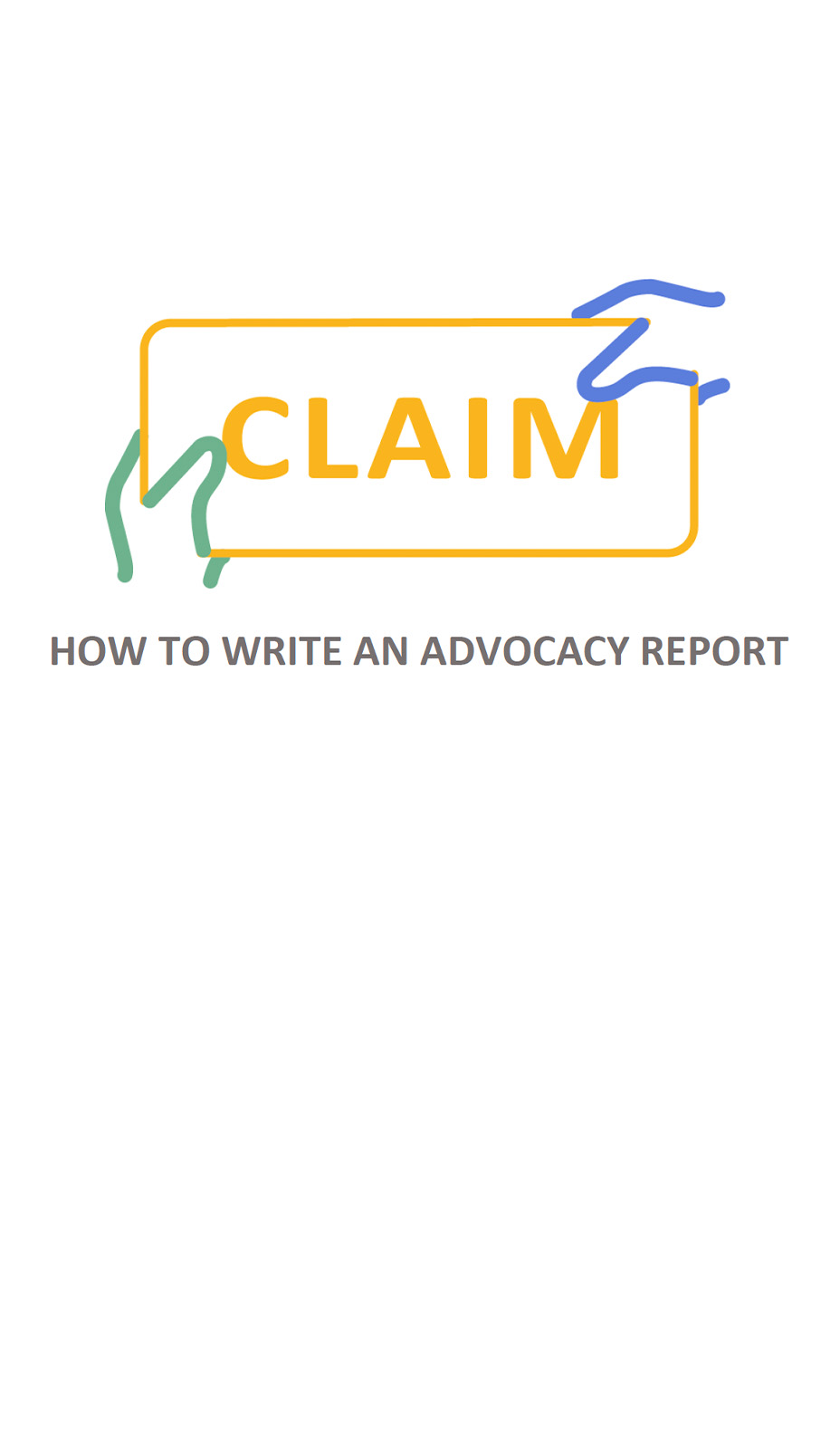
Through our Community-Led Accountability, Influence and Monitoring programme (CLAIM) GNP+ enables people living with HIV to fully claim their space in Global Fund processes and claim their role in ensuring that Global Fund grants are developed, implemented and monitored in ways that are effective and inclusive. This tool has been created to guide networks of people living with HIV to develop a report outlining a shared civil society set of priorities to use for advocacy in their country.
Download the guide on how to write an advocacy report below:
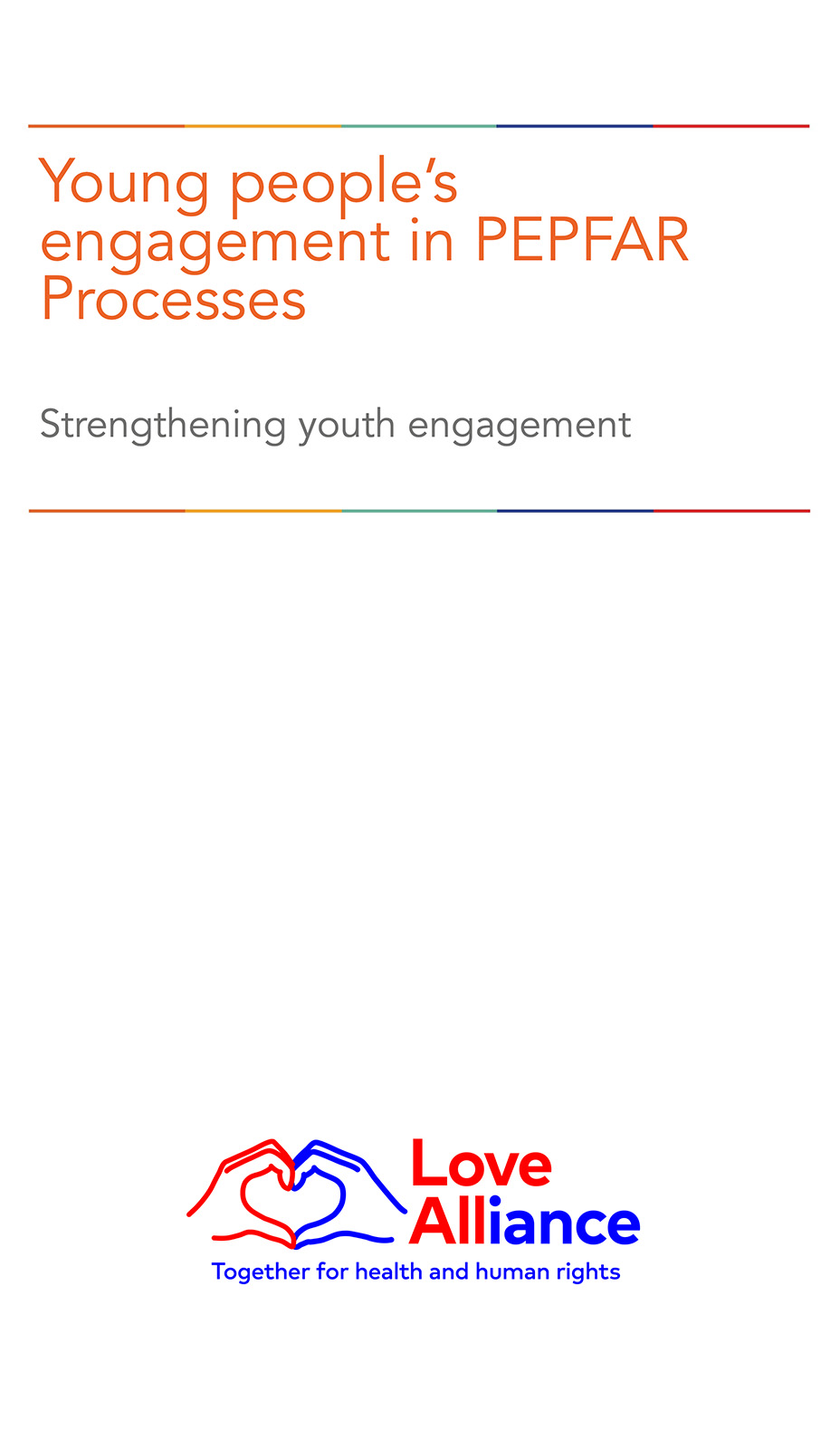
The materials below are created to build young people living with HIV and Young Key Populations’ readiness to confidently engage in and influence PEPFAR COP processes.
Watch how-to guide Video for strengthening youth engagement around PEPFAR Country Annual Planning below:
Or download the PEPFAR how-to guide powerpoint slides below:
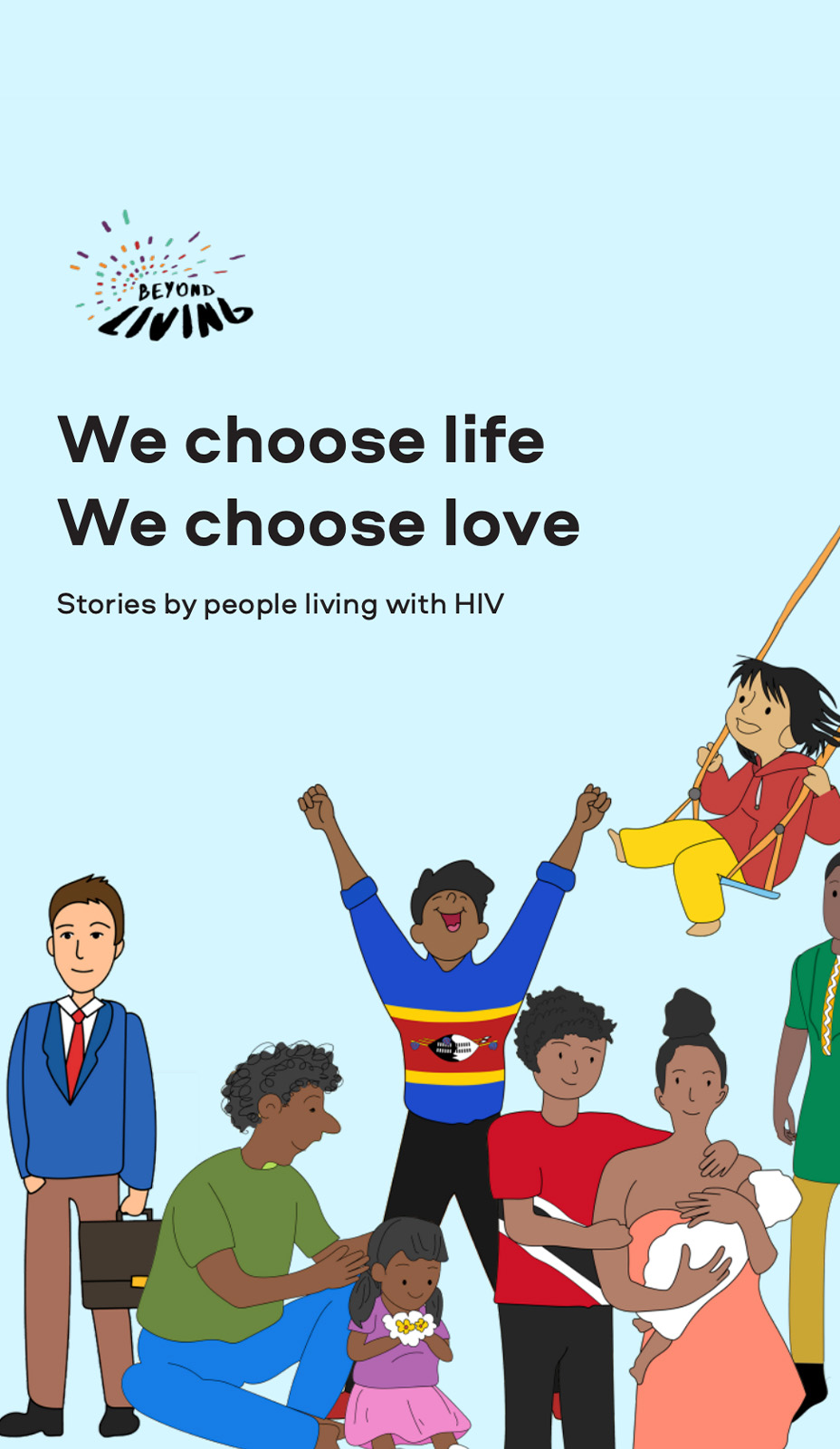
The authors of these stories are part of our 2021 Life Force. This is their first experience of writing their stories. The visuals and comic strips were also developed by one of the Life Force. The Life Force guide joint advocacy by GNP+, ICW, and Y+ Global – the global networks of people living with HIV – through our BeyondLIVING partnership.
This book brings together a collection of six stories and visuals by people living with HIV from around the world. The stories are real. As the global networks of people living with HIV, we know that these stories are not unique. From self-stigma and rejection by loved ones to being excluded from schools and workplaces, these stories capture some of the many ways people living with HIV experience stigma.
However, these stories also highlight the resilience of people living with HIV and the support and solidarity that they have found. These are stories of overcoming rejection and discrimination. They are stories of choosing to live and choosing to love. They are stories of giving back to the community and contributing to society.
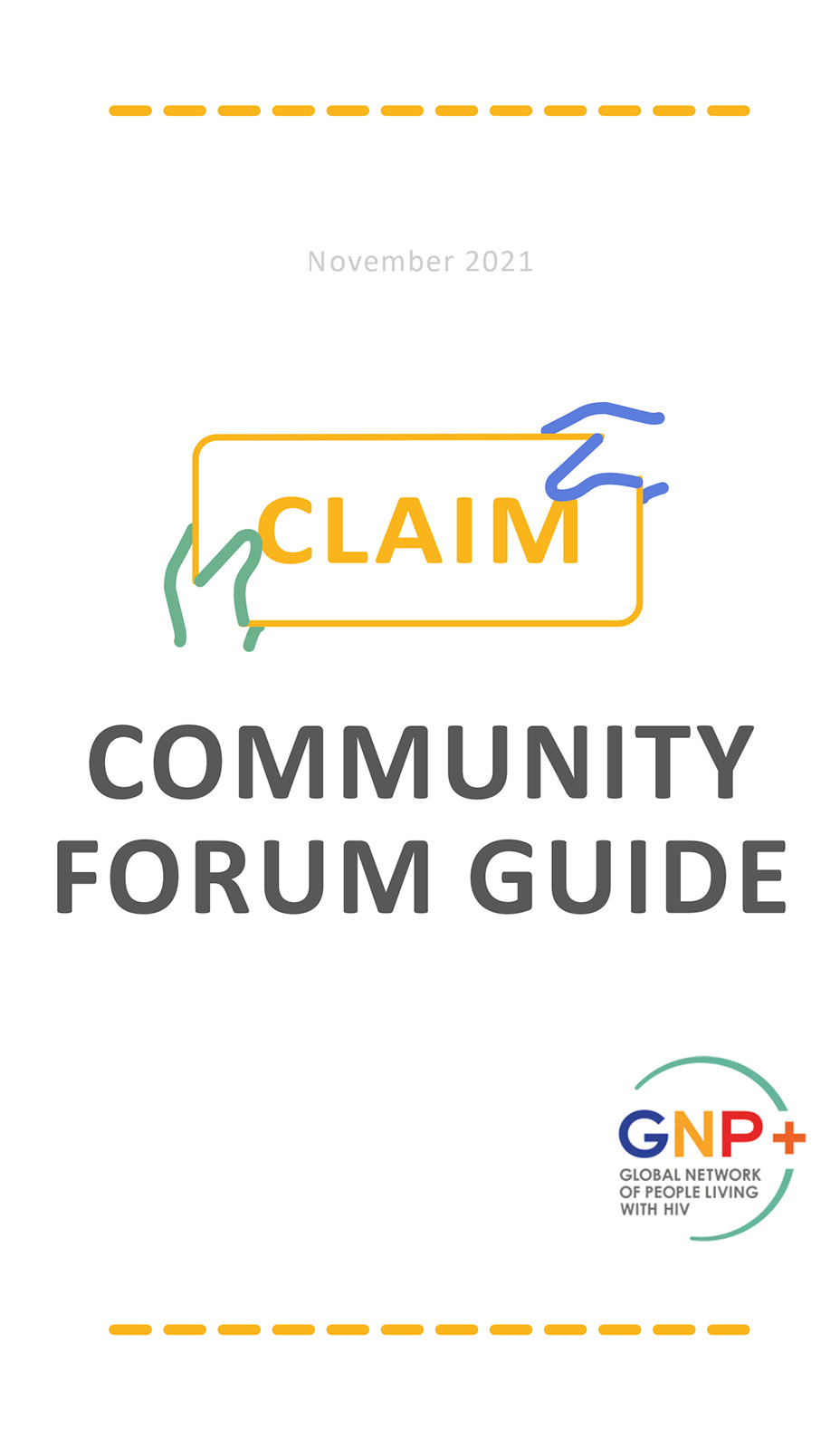
The GNP+ Community-Led Accountability, Influence and Monitoring programme (CLAIM) enables people living with HIV to fully claim their space in Global Fund processes and claim their role in ensuring that Global Fund grants are developed, implemented and monitored in ways that are effective and inclusive.
Through CLAIM, we support Community Forums to facilitate communication and coordination among people living with HIV. The main purpose of the Community Forum is to develop a shared advocacy agenda with clear priorities and recommendations that can be used to influence HIV and health-related processes, in particular those connected to the Global Fund to Fight AIDS, TB and Malaria.
This guide was developed by GNP+ to help networks to organise effective Community Forums for people living with HIV, in all their diversity.
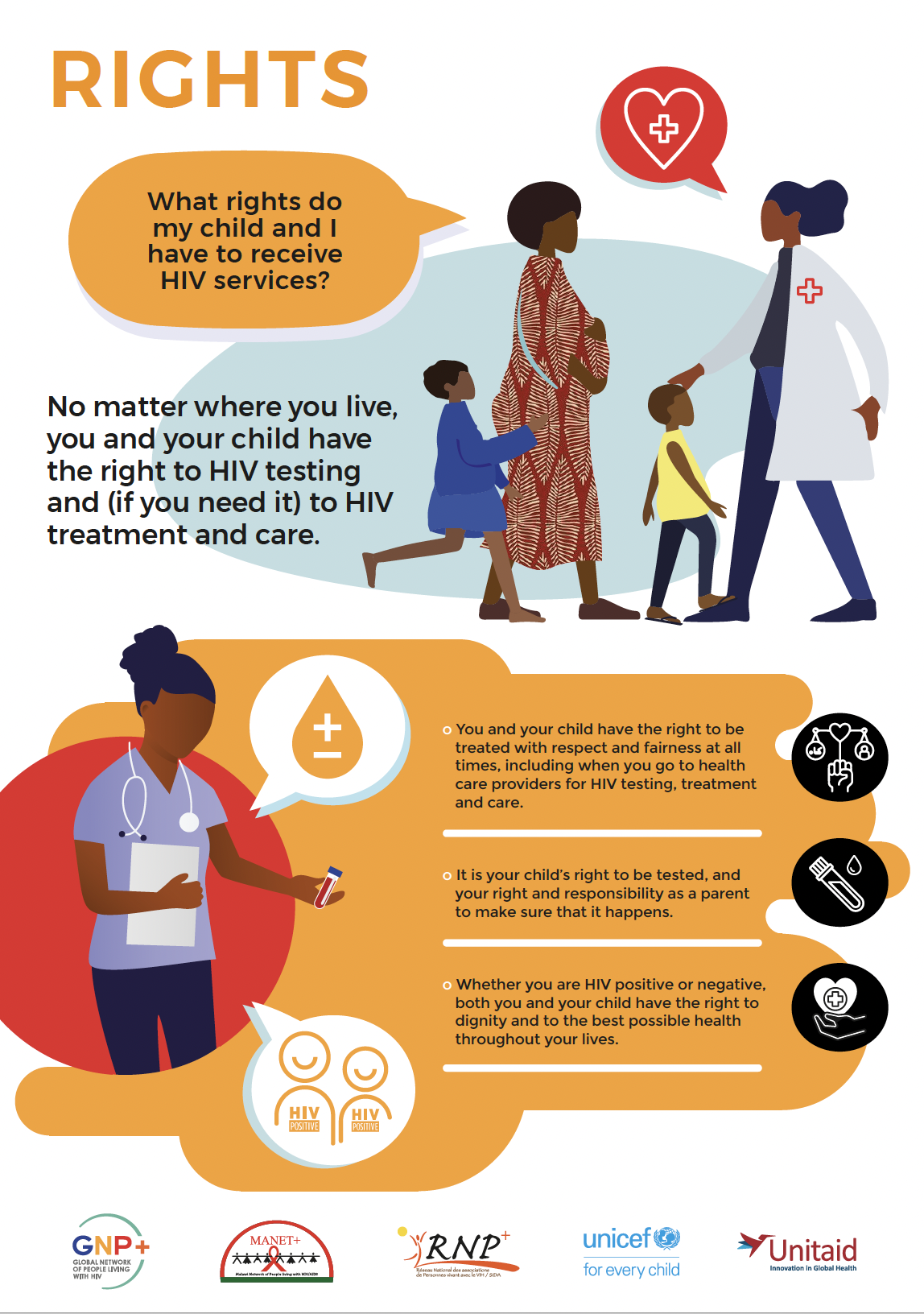
Clear, accurate information about HIV treatment is essential for parents and caregivers of infants and children.
We are delighted to share these new materials, designed for peer educators, community health workers, treatment advocates, or anyone interacting regularly with parents and caregivers living with or concerned about HIV. The posters and leaflets can serve as a guide for community awareness-raising or self-help group discussions or as a handy source of information for individual counseling sessions.
The materials cover the following themes: Rights, Testing, Breastfeeding, Treatment, Taking HIV Medicine, Talking About HIV, Stigma, and COVID-19. The key messages were developed jointly with PLHIV networks in Malawi and Senegal – MANET+ and RNP+ – and tested with communities in both countries. We are grateful for funding and technical assistance from UNICEF and Unitaid.
The materials are available in English and French – you can access them here:
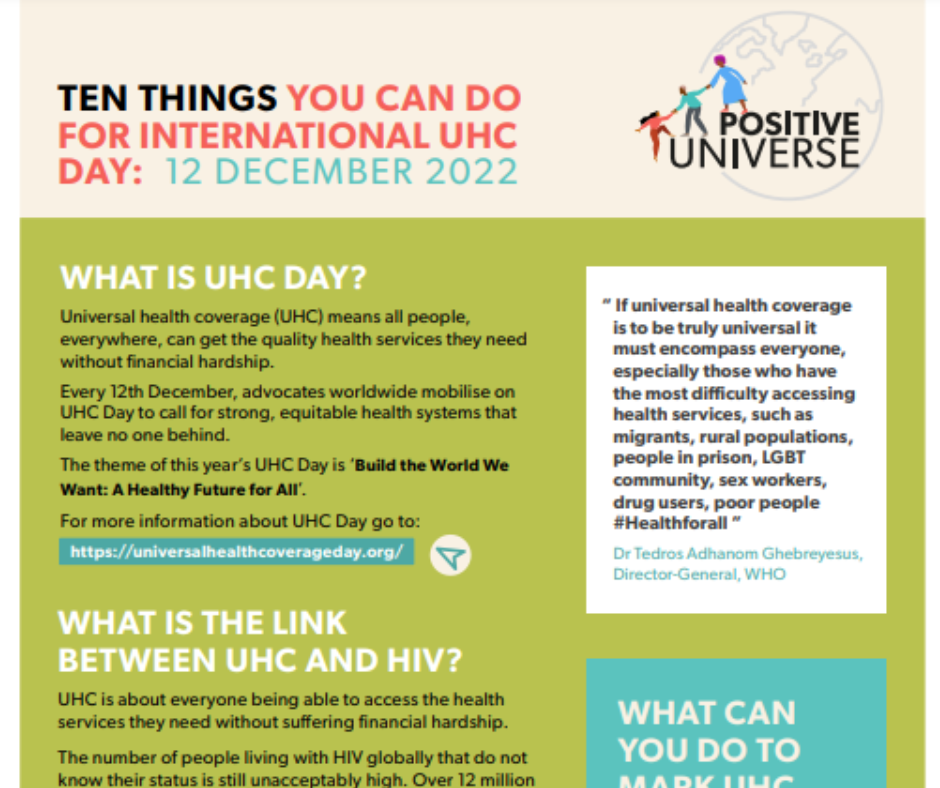
NEW!! Universal Health Coverage Day toolkit – 10 things you can do to get involved and make a difference this UHC Day 2022.
Universal health coverage (UHC) means all people, everywhere, can get the quality health services they need without financial hardship.
Every 12th December, advocates worldwide mobilise on UHC Day to call for strong, equitable health systems that leave no one behind.
Our toolkit is available in French, Russian and English and includes 10 actions you can do around UHC Day. You don’t need to do all ten. Have a look, be inspired, and do the ones that would be most impactful in your context.
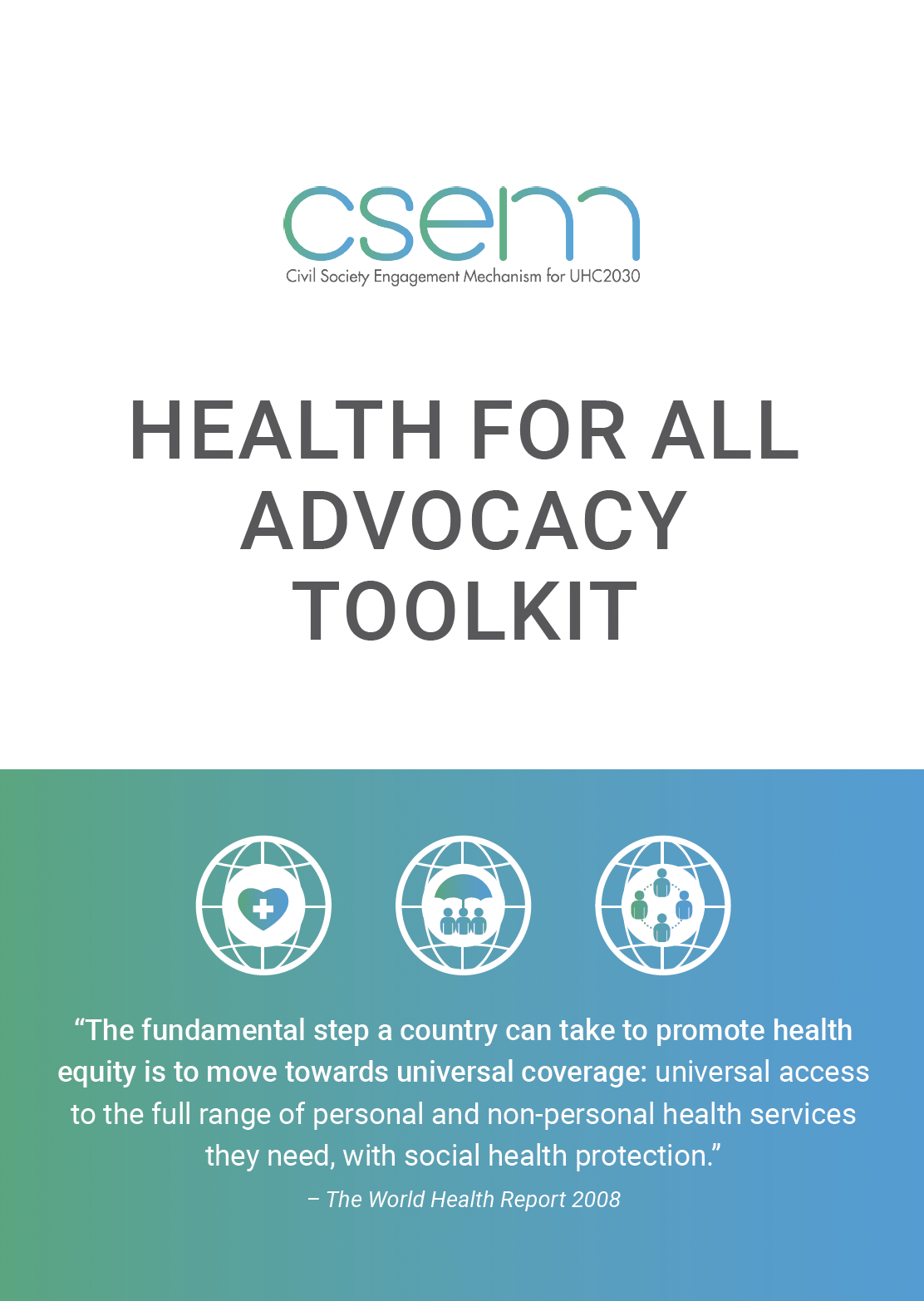
About the Toolkit
The Health for All Advocacy Toolkit provides national-level civil society organizations (CSOs) and health networks with the necessary resources to kick-start advocacy initiatives on universal health coverage (UHC). It offers advocates a central reference point—a ‘one-stop shop’ for key information and tools to advocate UHC, hold policy-makers accountable for their commitments, and build a broad social movement within civil society to support health for all.
The Toolkit is designed to be used by civil society advocates who are interested in learning more about what universal health coverage means; what commitments have been made to UHC at the global, regional, and country levels; and how they can incorporate UHC principles into their advocacy. The resources may also be useful for CSOs advocating on specific health issues or on Sustainable Development Goals (SDGs) beyond health, as the Toolkit provides information on how connecting to UHC advocacy can strengthen those efforts.
This Toolkit responds to the specific needs of civil society. In the lead up to the United Nations High-Level Meeting (HLM) on UHC in 2019, civil society and community representatives in countries around the world, convened by the Civil Society Engagement Mechanism for UHC2030 (CSEM), asked for more knowledge and information about UHC as well as about global level advocacy initiatives and platforms. The CSEM surveyed its members and other global health civil society networks to understand the specific kinds of information and resources that would be most useful in supporting their work on UHC. The survey received over 100 responses from 40 countries. Over 75% of respondents asked for practical tools and guidance for UHC advocacy.
The Health for All Toolkit was developed to respond to these needs and to provide one-stop access to existing resources and toolkits for UHC. The Toolkit was developed by the CSEM, with support from UHC2030, Equal International, and a reference group.
The Toolkit has three sections:
- Part 1: Introduction to Universal Health Coverage—provides an introduction to UHC, what it is, why health for all is vital, and how it can contribute to health as well as other SDGs. This section is particularly informative for those new to UHC as it outlines the key concepts and actors, and gives a timeline and milestones to date. It describes the key players at global and regional levels to enable advocates to ground their advocacy work in the broader UHC ecosystem. It is designed to equip users with technical knowledge around the essential UHC building blocks necessary for advocating UHC with various stakeholders.
- Part 2: Why civil society needs to engage in Universal Health Coverage—explores the critical role of civil society and communities in all stages of UHC design and implementation, and conveys civil society’s key advocacy calls to action. It includes case studies and vignettes that demonstrate the impact civil society has had and continues to have in decision-making for UHC, especially in ensuring health equity and holding leaders accountable.
- Part 3: How to participate—provides step-by-step guidance on advocating for UHC at the national level. This section walks the user through essential processes for creating an advocacy action plan, including defining the key challenges and bottlenecks and establishing where their country is on the road to UHC. This will help frame the activities and goals of the specific advocacy plan. The toolkit explains the process of mapping both advocacy targets and the stakeholders to collaborate with. Users will also learn how to develop key advocacy messages and incorporate them into ongoing advocacy work. This section provides practical tools and will help CSOs determine their budgets and measure their progress.
Acknowledgments
Rebekah Webb wrote this toolkit with contributions from Aishling Thurow, Amy Boldosser-Boesch, Carthi Mannikarottu, Eliana Monteforte, Oanh Khuất Thị Hải, and Masaki Inaba.
A special thanks to the UHC2030 Core Team at WHO and Equal International for their contributions to the development of this toolkit. We are grateful to the reference group for lending their expertise in support of this Toolkit: Evalin Karijo, Dumiso Gatsha, Georgina Caswell, Javier Hourcade Bellocq, Katie Husselby, Kirsten Zindel, Kurt Frieder, and Marielle Hart. We thank Results International and White Ribbon Alliance Kenya for sharing examples and learnings from successful advocacy campaigns.
Design: Kim Martin
Editorial review: Jane Coombes
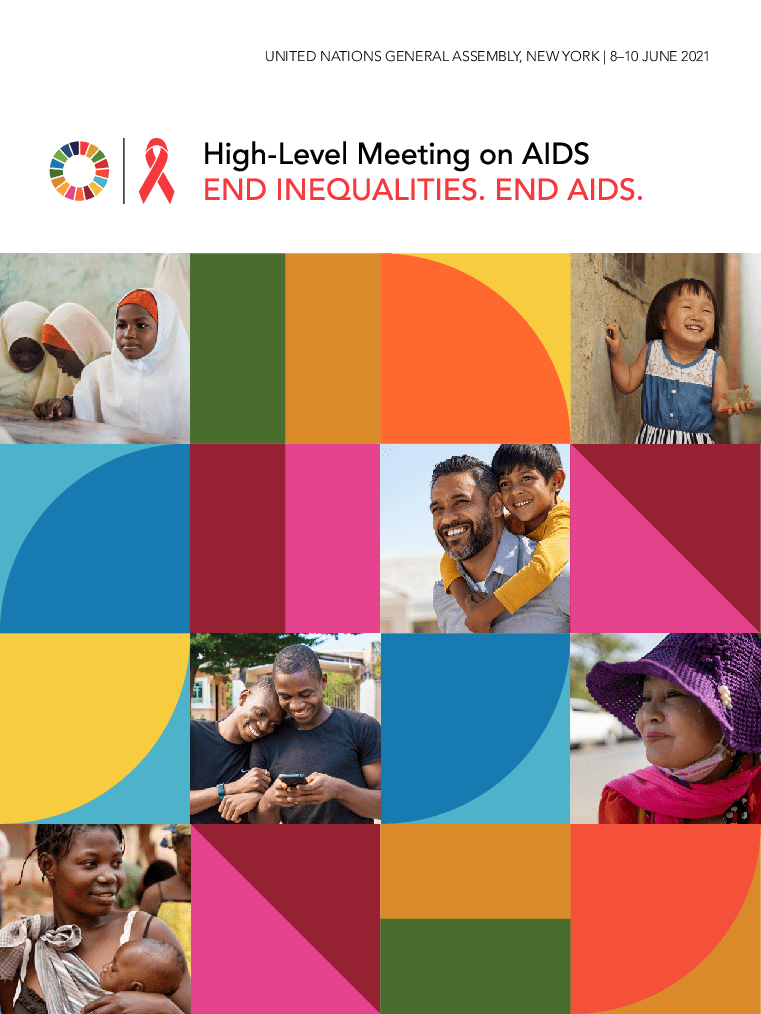
The 2021 high-level meeting will be the springboard for a decade of action to reduce inequalities and root out the social determinants that fuel the HIV epidemic.
Source: UNAIDS
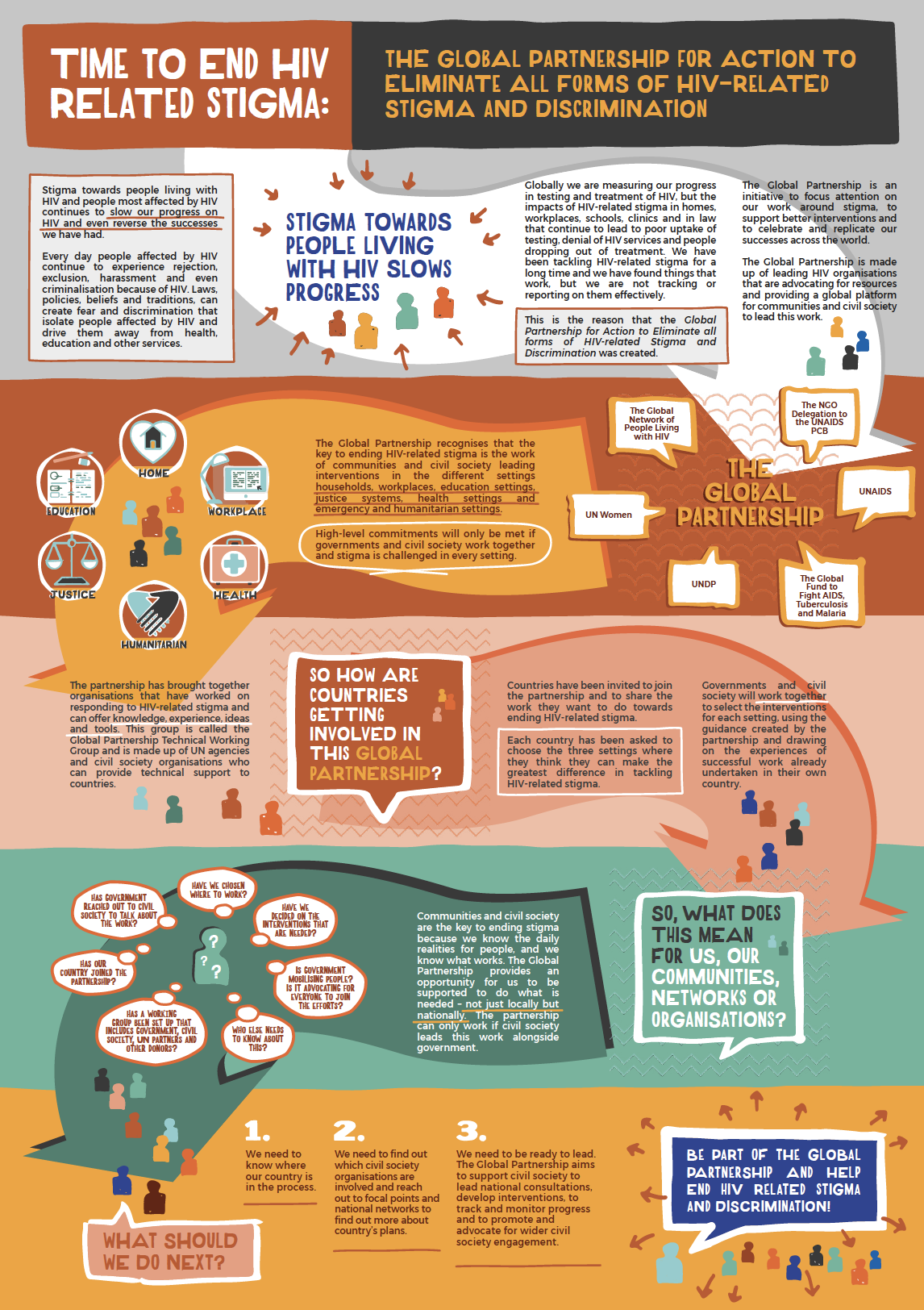
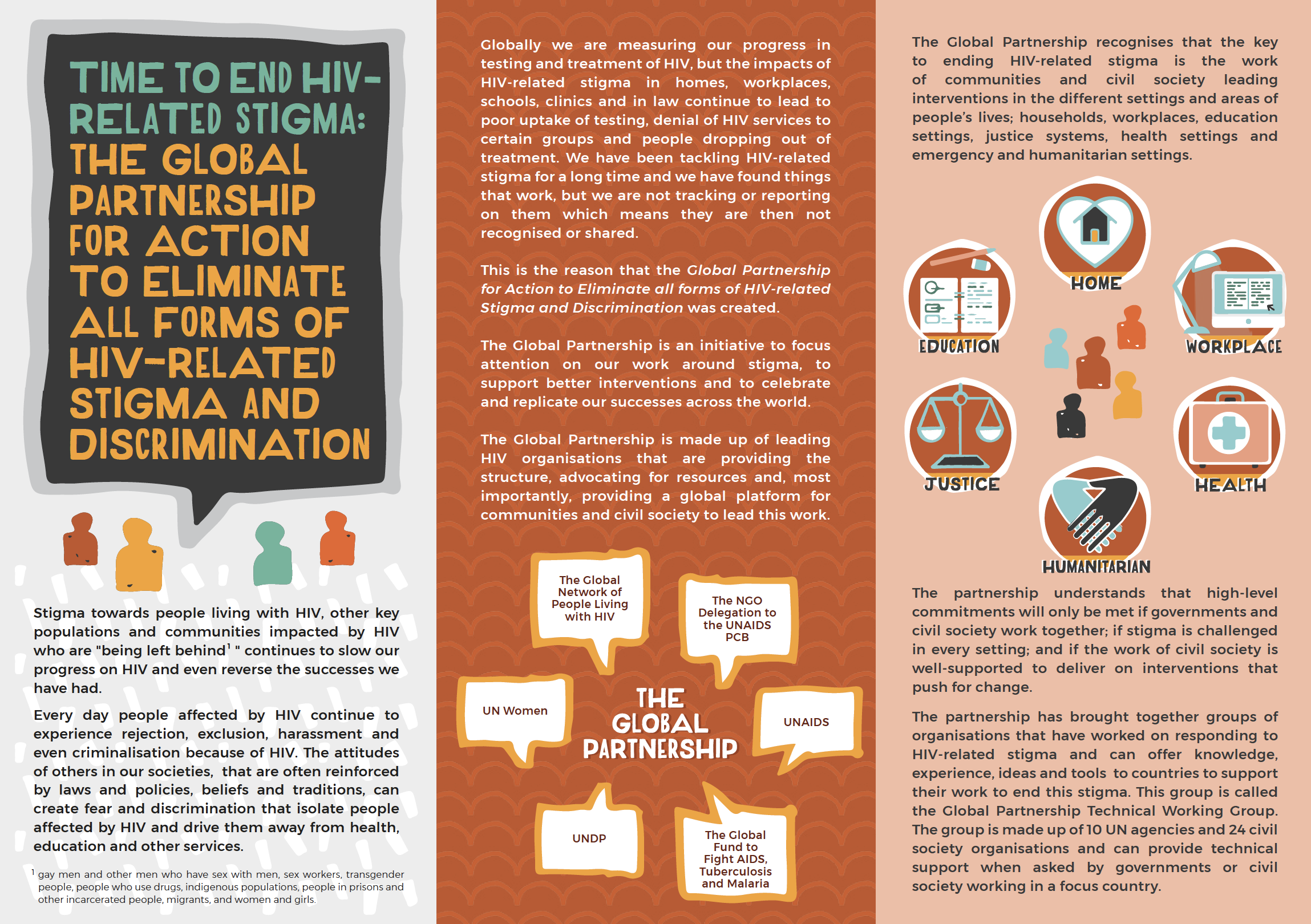
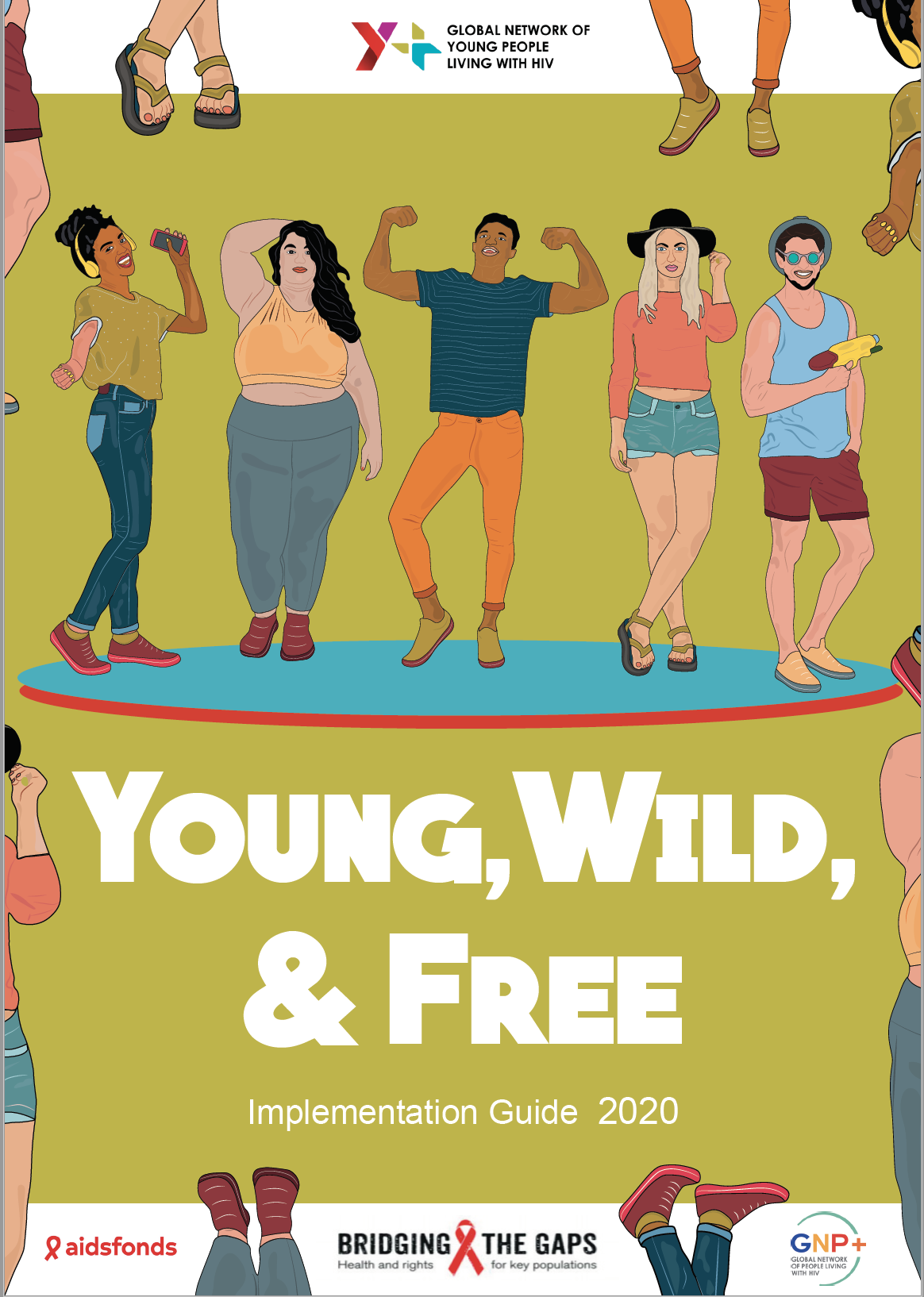
Young, Wild, & Free is a Y+ Global programme bringing together networks of young people living with HIV to share best practices of engagement, support, and resilience of young key populations. Young, Wild, & Free highlighted three innovative youth networks doing amazing work in the HIV response – Teenergizer (Ukraine), Inti Muda (Indonesia), and Y+ Global – who then have been working with 8 grassroots networks (Positive Young Women Voices (Kenya), Y+ Kenya (Kenya), Positive Women’s network (South Africa), Y+ South Africa, Inti Muda (Indonesia), Gtown (Vietnam), Lighthouse (Vietnam), Teenergizer (Ukraine)) to implement one of their best practices. This guidebook was created so you too could learn their tricks and implement your own in your country!
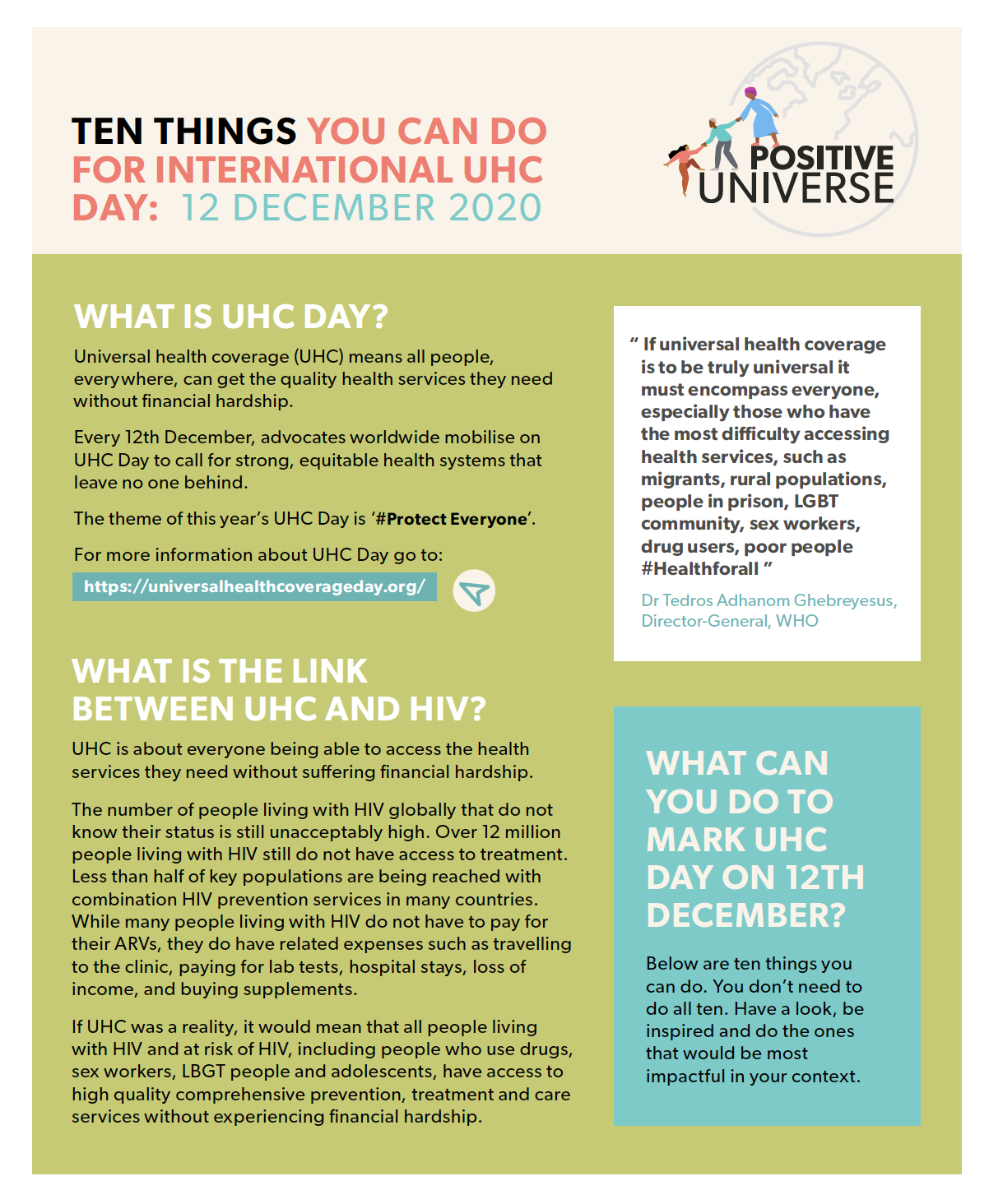
NEW!! Universal Health Coverage Day toolkit – 10 things you can do to get involved and make a difference this UHC Day 2020.
Universal health coverage (UHC) means all people, everywhere, can get the quality health services they need without financial hardship.
Every 12th December, advocates worldwide mobilise on UHC Day to call for strong, equitable health systems that leave no one behind.
The theme of this year’s UHC Day is ‘#Protect Everyone’.
Our toolkit is available in French and English and includes 10 actions you can do around UHC Day. You don’t need to do all ten. Have a look, be
inspired and do the ones that would be most impactful in your context.
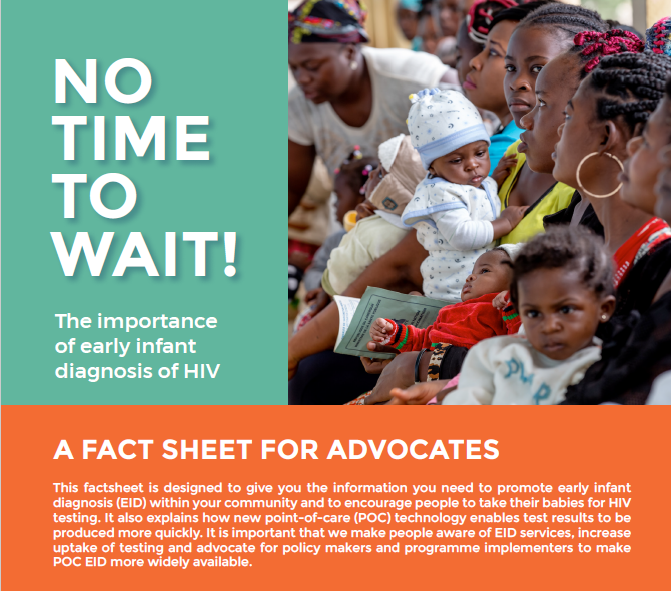
This factsheet is designed to give advocates the information they need to promote early infant diagnosis (EID) within their communities and to encourage people to take their babies for HIV testing.
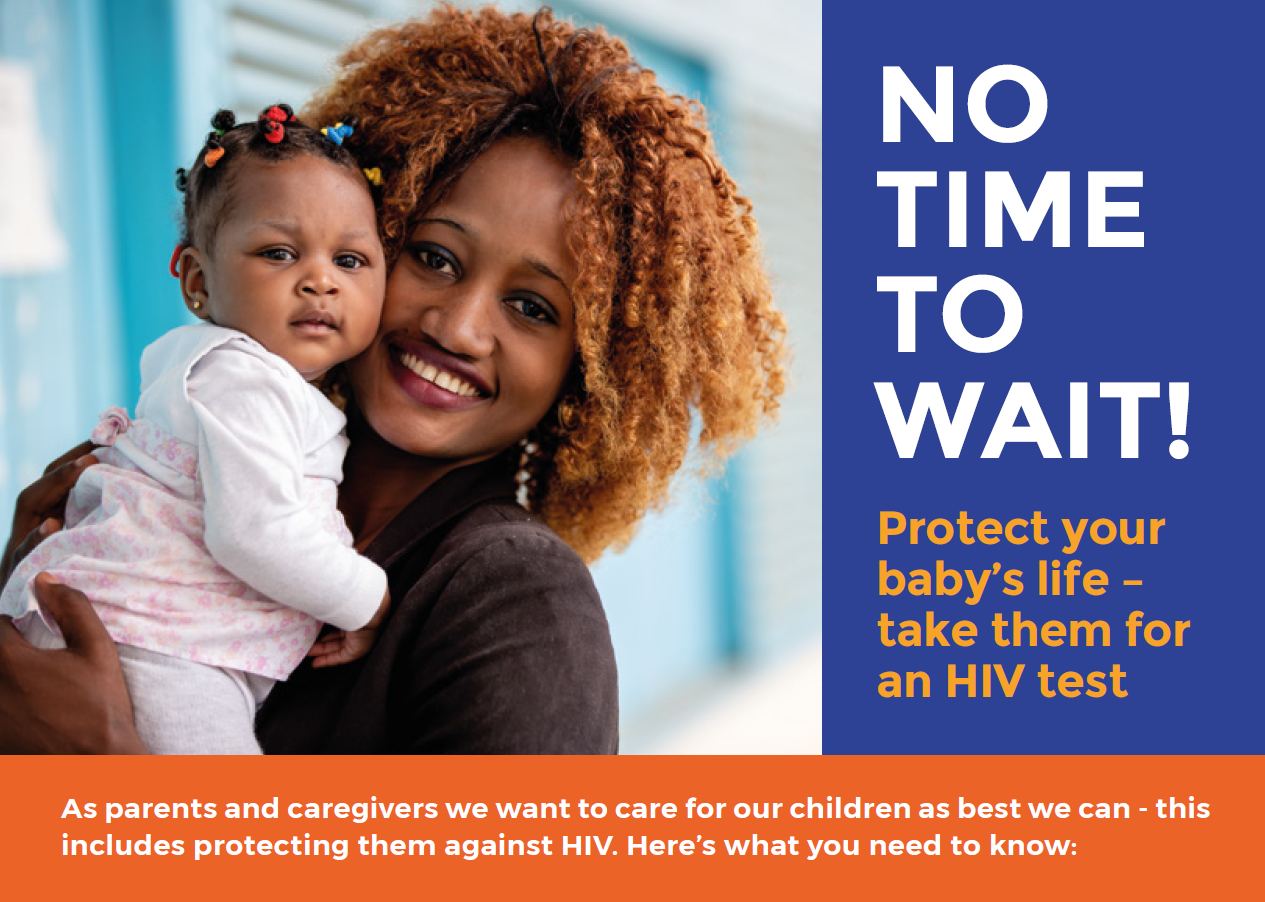
A leaflet answering parents and caregivers questions about HIV testing for babies.
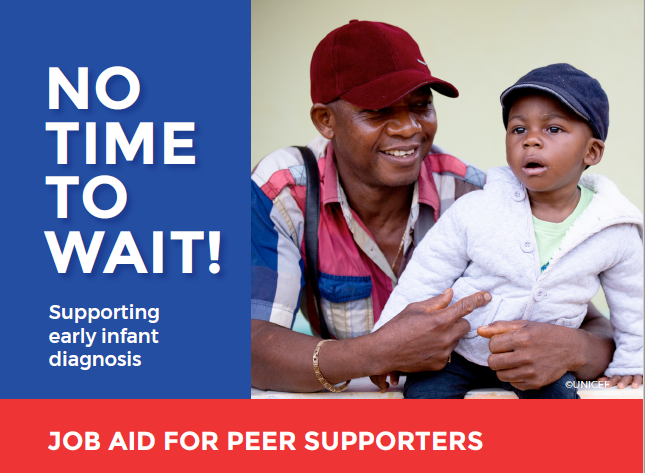
This job aid is for anyone who regularly talks to, meets with and supports communities affected by HIV. It gives you the information you need to talk to parents and caregivers to encourage infant HIV testing.
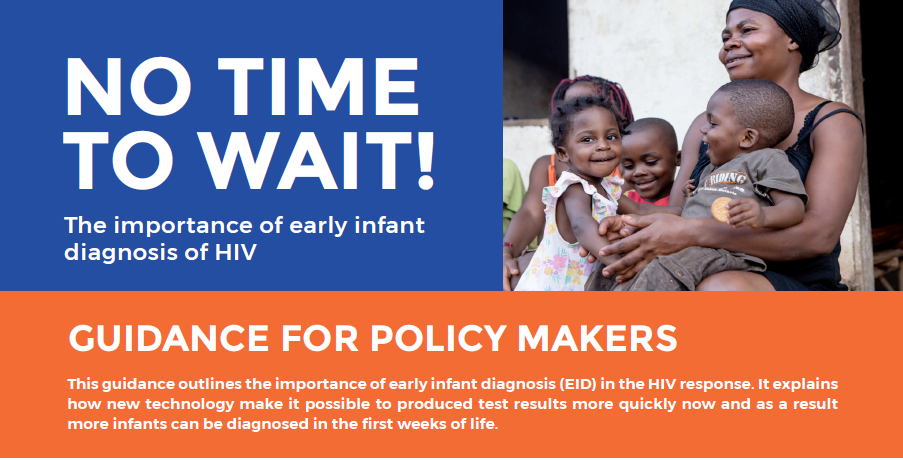
A briefing paper to share with policy makers outlining the importance of early infant diagnosis and making the case for point-of-care testing.

